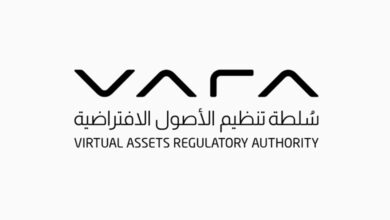Bank of England Eases Stablecoin Limits Amid Global Competition

The Bank of England is set to introduce exemptions to its proposed stablecoin holding limits, signaling a more flexible approach to digital assets as international competition intensifies.
Exemptions for Firms Holding Large Stablecoin Balances
According to Bloomberg, the UK’s central bank plans to grant waivers for firms like crypto exchanges that need to hold significant stablecoin balances for liquidity and settlement purposes. Additionally, the Bank will allow stablecoins as settlement assets in its Digital Securities Sandbox, a controlled environment for testing blockchain-based issuance and trading.
UK Risks Falling Behind the US
Industry voices warn that overly strict UK regulations could divert innovation and liquidity to New York, where the GENIUS Act has already established rules for dollar-backed stablecoins. The proposed ownership caps suggest limits of £20,000 for individuals and £10 million for businesses on systemic stablecoins. A consultation paper is expected by the end of the year to detail the final rules.
Governor Bailey’s Shift on Stablecoins
Governor Andrew Bailey, historically cautious about stablecoins, has acknowledged their potential to drive innovation and coexist with the traditional financial system. While he favors tokenized bank deposits as a safer alternative, recent statements indicate a shift toward recognizing the role of stablecoins in payments and financial innovation.
Stablecoins: A Growing Payment Alternative
Stablecoins are increasingly seen as a faster, cheaper alternative to traditional payment rails. Bloomberg Intelligence estimates they could process more than $50 trillion in payments by 2030. Global circulation already exceeds $300 billion, yet sterling-pegged tokens remain minimal at just $581,000, compared with €468 million in euro-linked stablecoins, according to DefiLlama. Industry experts see this as a clear sign that the UK is falling behind.
Aligning UK Rules with Global Frameworks
To address concerns, the Bank is reportedly considering allowing systemic stablecoins to back reserves with high-quality assets such as short-term government bonds, bringing UK regulations closer to US and EU frameworks. The Digital Securities Sandbox will enable firms to test regulated non-sterling stablecoins for settlement, providing regulators with insights before implementing broader rules.
Balancing Oversight and Innovation
While stablecoins remain a small part of the UK market, their rapid growth and international competition are forcing the Bank of England to act faster. Granting exemptions may be the first step in balancing regulatory oversight with innovation, ensuring the UK remains competitive in the digital asset and fintech sector.





